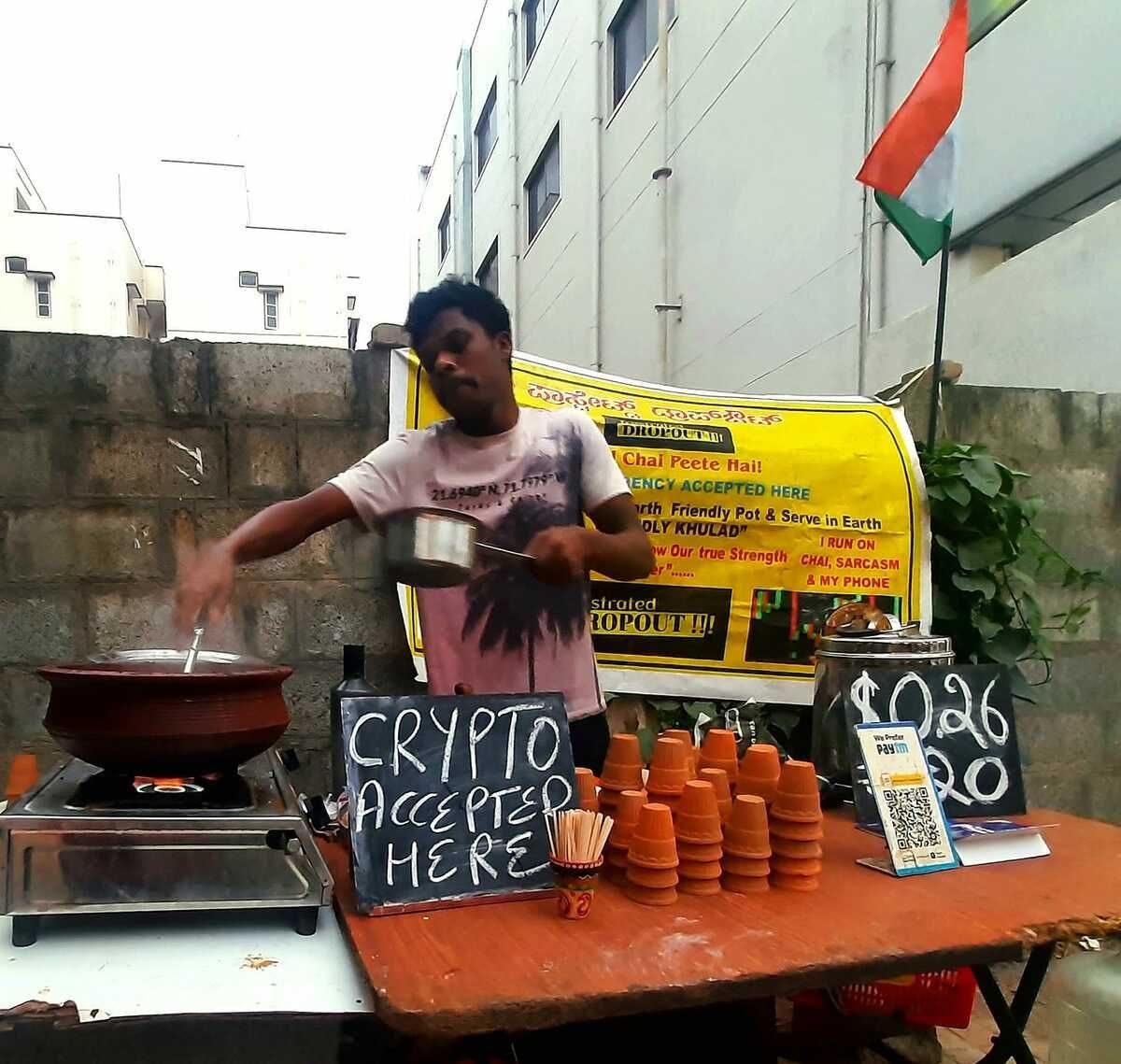RIP, Rakesh Jhunjhunwala
In today’s edition: A day before its 75th Independence Day, the country lost arguably the most unwavering believer in the India story. We also have a selection of our Saturday long reads, ICYMI.
Hello readers, many of you would be looking forward to the mid-August back-to-back long weekends to have a short vacation. So are we. The Signal team has had its nose to the grindstone to keep you up to date every day. It is taking a breather next week. This does not mean you will not get your morning fix. You will. A shorter-than-usual newsletter will land in your inbox daily at the usual time. Independence Day and Janmashtami will be holidays and we will have no edition on the following days. The long-read in The Intersection on Saturdays will return on August 27. Wish you a Happy Independence Day.
If you enjoy reading us, why not give us a follow at @thesignaldotco on Twitter and Instagram.

The OG Big Bull

Instagram - @rakeshjhunjhunwala_
On an eventful September afternoon in 2008, Rakesh Jhunjhunwala came out of his cabin to find his band of traders gloomily staring at trading screens awash with red. US investment bank Lehman Brothers had collapsed, triggering a global financial crisis. Jhunjhunwala went to each of his traders and asked them how much they had lost. As they totted up their numbers, Jhunjhunwala guffawed. “You guys have collectively not lost a fifth of as much as I have in the past few minutes,” he said, according to a person present then. “Let’s go to Geoffrey’s and have a round of drinks,” Jhujhunwala said, referring to his favourite bar by the Mumbai bay.
The response to losses was typical of the garrulous Jhunjhunwala, who died on Sunday aged 62 and is survived by his wife and three children. Comparisons with American billionaire Warren Buffet were inevitable because he was perhaps the only true-blue investor India had. A master of picking high-potential businesses—Crisil, Titan, Metro Brands to name a few—early, he was unfazed by losses or missed chances. He sat out the rally in 1998-2002 investing in stocks of public sector companies because he did not understand dotcom businesses. “I don’t have to be at every party,” he told the earlier quoted associate. Even in his last few months, Jhunjhunwala busied himself with reinforcing his portfolio, consolidating in strong businesses and discarding junk shares.
Investor: Starting with a mere ₹5,000 in 1985, the investor built up significant stakes in nearly 50 blue-chip companies growing his net worth to $5.8 billion putting him 48th on the Forbes billionaire’s list. His reputation as an ace trader and investor grew so much in the past two decades that he even had a parody blog, The Secret Journal of Rakesh Jhunjhunwala (an Indian take of The Secret Journal of Steve Jobs), with a sizable following.
His abiding faith in the India story earned him the nickname, the Big Bull of India. His outrageous predictions of the index level defied credulity but often proved him right. Yet, as an investor, it was his ability to pick out the juicy slivers in the India story that set him apart. A person who was involved in structuring his deals remembers how his investments align with the big picture. The associate worried the investment he was about to make in Metro Brands would not pay off even after five years. “I’m not in this for just five years,” Jhunjhunwala told him. Metro floated its IPO in December 2021, giving Jhunjhunwala returns several times his investment 12 years after he made it.
Entrepreneur: Jhunjhunwala’s final flourish was Akasa, the airline venture which was also the fulfilment of a long-cherished dream. For many years, Jhunjhunwala wanted to own a plane but never fell for a private jet. He did pick up a 1% stake in Jet Airways but it was no patch on what he wanted.
True to his investor self, honed by the years spent taking the pulse of the market and listening to the heartbeat of the economy, the entrepreneurial venture was also counterintuitive and well-timed. It was born when the travel industry was devastated by Coronavirus, airlines were bleeding to death and most aircraft in the world were sitting on the ground. Scores of trained staff and a number of pilots were jobless and available for hire. Boeing and Airbus were chasing customers with huge discounts. In short, all the building blocks of an airline were available at very low costs, and the gestation time would be just right. It was a perfect play.
The judgement did not fail. Akasa launched a week ago, its maiden flight taking off from Mumbai and landing in Ahmedabad. Although he had financially backed many new businesses before, Akasa was Jhunjhunwala’s first real entrepreneurial venture. It would also be his last.
FYI
U-turn: Sri Lanka has greenlit the docking of Chinese ship Yuan Wang 5 at Hambantota, potentially annoying India.
Opened up: China’s internet regulator has published “a list of 30 algorithms used in popular apps”, including Taobao (Alibaba), WeChat (Tencent), Meituan, and Douyin (ByteDance).
Scrutiny: The Enforcement Directorate is looking into peer-to-peer transactions, inflated liquidity, and “lax KYC protocols” at WazirX. It has also ordered a freeze on the assets of crypto lender Vauld.
Resurgence?: New York City health officials have detected the polio virus in samples taken from its wastewater, decades after it was deemed to be eradicated.
Leave it to us: Social media companies such as Meta and Twitter are proposing a self-regulatory committee to look into Indian users’ content-takedown grievances.
Bumper profit: Saudi Aramco posted its highest ever quarterly profit at $48.4 billion, a 90% rise from the comparable period of the previous year.
ICYMI

India’s Big Data void: India was due for a nationwide Census in 2021. Then came Covid-19, which threw a spanner in the world’s largest data collection exercise. As it stands, India has no updated Census figures since 2011. What are the implications of an indefinitely-delayed Census—which would’ve captured critical information on pandemic-induced transitions in mortality rates, migration, and consumption—for researchers and policymakers? The answer is bleak.
Cat is out of the bag: India is introducing the African cheetah to the country this year. It’s even inked agreements with Namibia and South Africa to procure the world’s fastest land animal. Conservationists are livid. Why so? And who was instrumental in seeing this dogged dream through? A story about blue-blooded interests, geopolitics, questionable science, and the lengths governments went to, to realise one man’s obsession.
Dispatches from Ground Zero: What was it like to be stuck in a country reeling from economic distress, one that had just declared an Emergency? Our co-founder Venkat Ananth—who travelled to Galle, Mirissa, and Colombo—relayed his first-person account of protests against Sri Lanka’s powerful (but now dethroned) Rajapaksa family, and what ordinary Lankans make of both India and China.
Enjoy The Signal? Consider forwarding it to a friend, colleague, classmate or whoever you think might be interested. They can sign up here.
Want to advertise with us? We’d love to hear from you.
Write to us here for feedback on The Signal.



